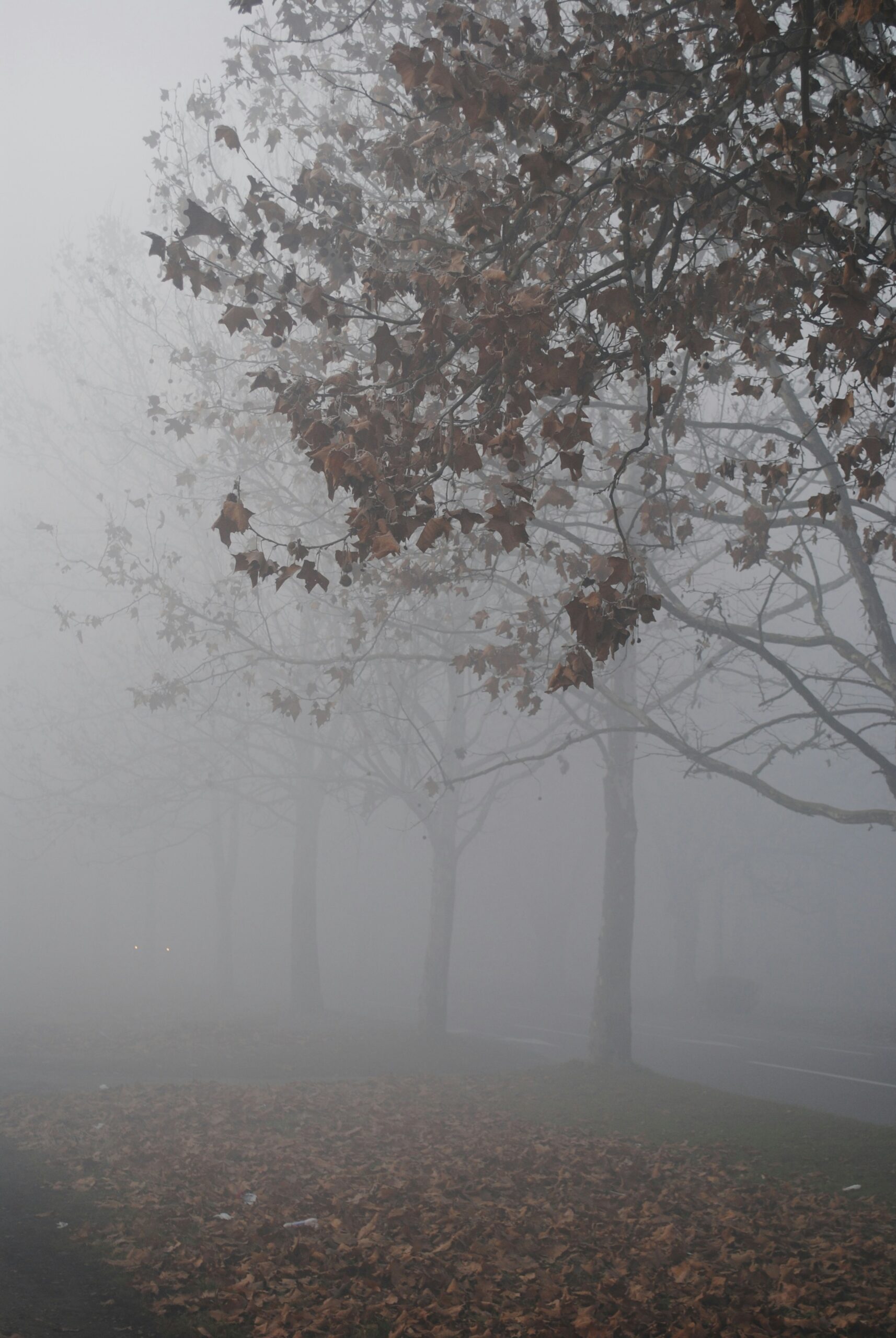
Luqman Hussain is a lawyer and poet. He is a graduate of Ahmadu Bello University and is
“History describes what has happened, poetry what might. Hence, poetry is something more philosophic and serious than history, for poetry speaks what is universal, history of what is particular.”
Aristotle.
Interestingly, verse has always been a conduit of and for memory through its own immoderate impressions of language and thought. It has availed us the majesty of recreation. Each verse, coursing through a channel, seems to edify the era that evokes it.
Sir Thomas Wyatt’s quiet contemplation in They Flee From Me, for example, embosses upon its readers the socio-political atmosphere of Tudor English society and encroaches on the personal relationships that characterized them.
In the first few lines, he states—
They flee from me that sometime did me seek With naked foot, stalking in my chamber I have seen them gentle, tame and meek That now are wild and do not remember...
Thus, here we are, by the industry of the metaphor savouring the closet intrigues of a royal court from the privileged perspective of a participant and without knowing it, a scribe of veritable repute.

To speak of the art is to speak of its influence, not in the lines themselves or how they affect each other, but in the approach undertaken to decipher the premises upon which the form is built, the florid anthropology laden within, in a manner of speaking.
But the verse or poem, as a tool, has compartmentalized its purpose and assumed a fluidity that allows a transcendence of roles, such that it stands apart from the process it catalyzes and defies a coherent evolution of itself. Therefore, through the pupilage it has engendered and a recurrent re-definition of its forms, a study of certain poets within certain ages has perpetuated certain styles and made them timeless.
As such, the Shakespearean sonnet or Rumi’s chiasmus are not only reminiscent of their purveyors’ resourcefulness but form a sacred part of the poetic monument which only true masters of the form are ever capable of reaching.
The individual is not left out of this epochal quandary because he is the elemental constant at the center of tradition, vending the cultural manner in its plainest constructions. Now and then, we are pilgrims worshipping at the temple of verse, dervishes at its staging ground, chanting ceaselessly and swooning in the luminescence of its instruction.
Hence, while the historian’s mind is riddled with events, the poet’s is bursting with colour, having memory as its minefield. However, there is no fixity to verse. Not in its fidelity to what was or its facility for what will follow. Both past and future are the canvass upon which imagination subsists. Along the way, it rids itself of all ethical sympathies.
- Where one goes when home is taken from you? – #Luqman - November 29, 2023
- Poetry has a Human Tongue - March 3, 2021
- Fear is a Tonic – #Luqman - July 16, 2020













Leave a Reply